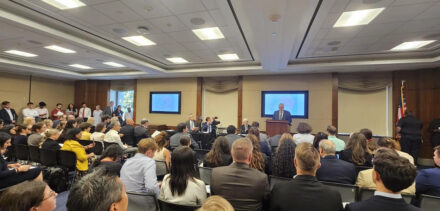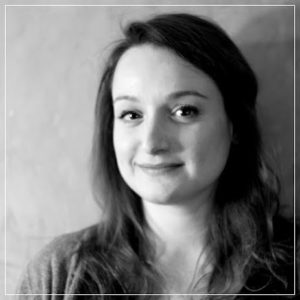By Alin K. Gregorian
Mirror-Spectator Staff
PARIS — The names might be Turkish. The attitude might be Turkish. But the heart is Armenian. For young French documentary filmmakers, Anna Benjamin and Guillaume Clere, the question of identity and especially national identity became a focal point for their documentary, “Turkey, the Legacy of Silence.”
The shock for the viewer — and even more so for the subjects of “Legacy of Silence” — is finding out that they are Armenian, people they have learned were traitors.
Clere and Benjamin were studying journalism together when they became interested in the subject. Benjamin’s maternal ancestors fled the Genocide.








